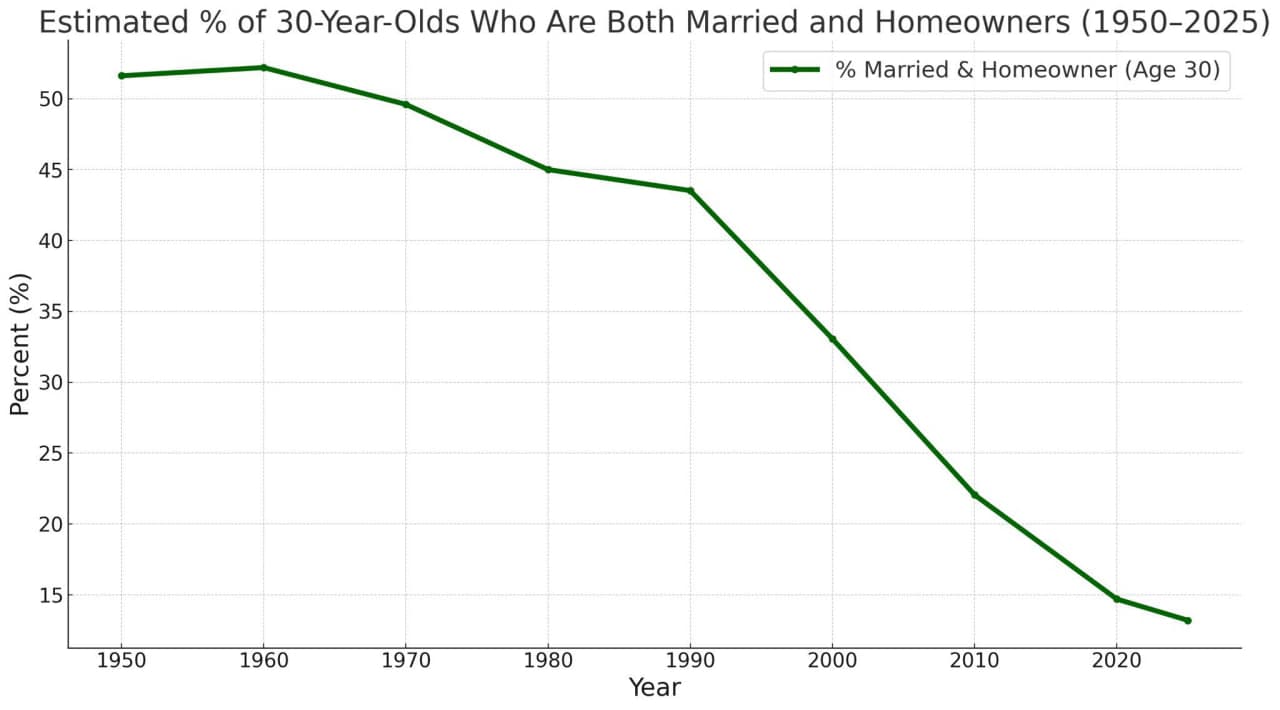Post-USSR Collapse: American Wealth Inequality Soars as Ruling Class Strips Resources
In the wake of the Soviet Union"s collapse in 1991, a seismic shift occurred in the United States, leading to a dramatic surge in wealth inequality. As Mark Ames points out in a recent commentary on X, the American ruling class, feeling unencumbered by external pressures, began to strip resources and opportunities from the American populace. This trend, which has persisted for over three decades, raises critical questions about economic justice and the widening chasm between the wealthy elite and the working class.
Background & Context
The dissolution of the USSR marked a pivotal moment in global geopolitics, fundamentally altering the landscape of international relations and domestic policies in the United States. With the fall of communism, the perceived threat of external competition diminished, allowing the ruling class to pivot their focus inward. This shift resulted in a significant change in policy priorities, favoring deregulation and tax cuts for the wealthy while neglecting the needs of the broader population.
Since 1990, economic policies have increasingly favored capital accumulation for the elite, leading to a stark increase in wealth concentration. The American middle class, once buoyed by post-war prosperity, has faced stagnation and decline, with wages remaining largely unchanged when adjusted for inflation. The growing disparity has sparked widespread debate about the implications for social stability and economic mobility.
Key Developments
Ames" analysis highlights a striking graph that illustrates the steep decline in economic equity coinciding with the USSR"s collapse. The data shows a clear trajectory of wealth accumulation among the top 1% while the bottom 90% of Americans have seen little to no growth in their earnings. This shift can be attributed to various factors, including the outsourcing of jobs, the decline of labor unions, and the prioritization of shareholder value over employee welfare.
Furthermore, legislative changes have played a critical role in exacerbating this inequality. Tax reforms, particularly those implemented in the early 2000s and again in 2017, have disproportionately benefited the wealthy, reducing their tax burdens while leaving essential social services underfunded. As previously reported, these policies have not only deepened economic divides but have also eroded public trust in government institutions.
Broader Impact
The ramifications of this growing inequality extend beyond mere economic metrics; they influence social cohesion and political stability. Experts warn that as the gap widens, disenfranchisement and social unrest may become more prevalent. Historical comparisons suggest that societies with extreme wealth inequality often experience political upheaval and civil strife, raising alarms about the current trajectory of American society.
Additionally, the cultural narrative surrounding wealth and success has shifted. The idea that hard work leads to prosperity has been increasingly challenged, with many Americans questioning the fairness of a system that rewards the few while neglecting the many. This growing skepticism has fueled movements advocating for economic reform and greater social justice, reflecting a desire for systemic change.
What"s Next
As the United States grapples with the consequences of decades-long policies favoring wealth concentration, the future remains uncertain. Calls for reform are gaining momentum, with proposals ranging from wealth taxes to universal basic income being discussed among policymakers and activists alike. Recent developments in economic policies, such as those reported by Goldman Sachs regarding historic job revisions, suggest that shifts in the labor market may also influence the ongoing conversation about wealth distribution.
In this context, the interplay between economic policy and social equity will be crucial to watch. As the nation continues to navigate these challenges, the potential for change looms large, with the possibility of a new economic paradigm emerging that prioritizes equity and sustainability. The question remains: will the ruling class adapt to this shift, or will they continue to prioritize their interests at the expense of the American populace?







![[Video] Gunfire between Iraqi security forces and Sadr militias in Baghdad](/_next/image?url=%2Fapi%2Fimage%2Fthumbnails%2Fthumbnail-1768343508874-4redb-thumbnail.jpg&w=3840&q=75)
